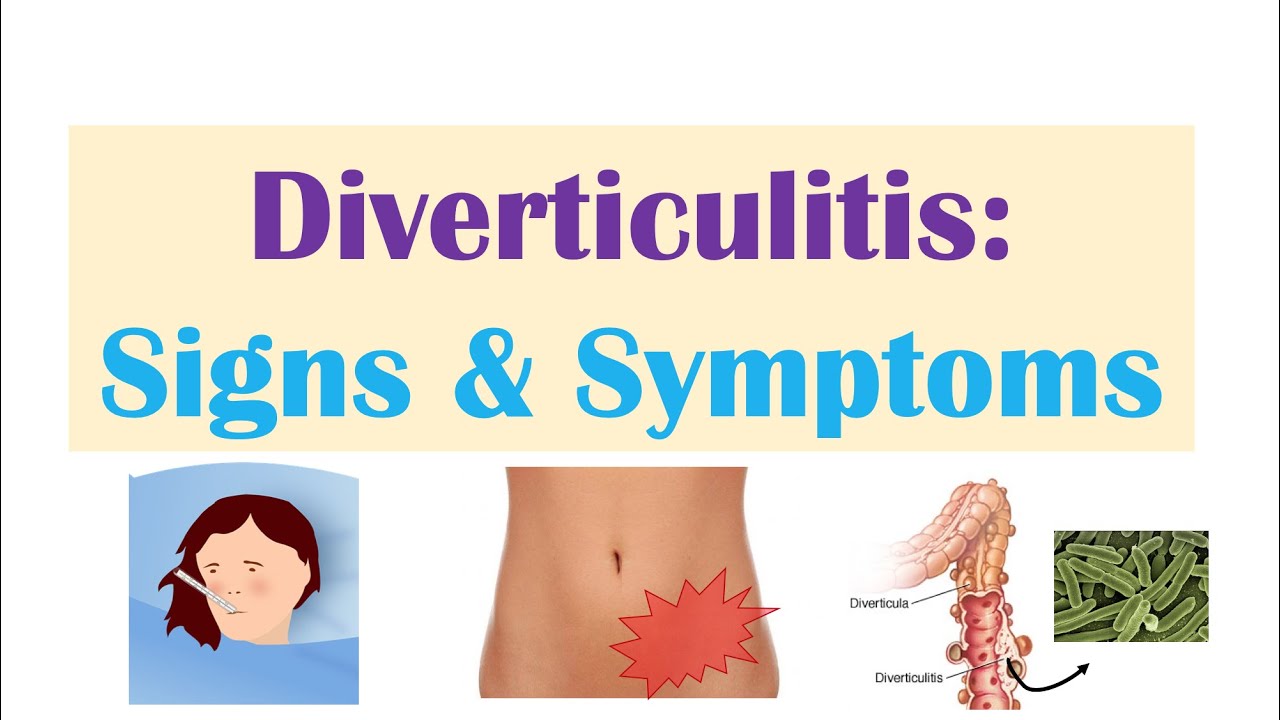Managing Diverticulitis: Effective Remedies and Lifestyle Tips

Diverticulitis can be a painful and debilitating condition, characterized by the inflammation or infection in the small pouches, known as diverticula, that form along the walls of the digestive tract. While medical intervention is often necessary for severe cases, several natural remedies and lifestyle changes can play a valuable role in managing diverticulitis and promoting overall gut health.
One of the fundamental aspects of managing diverticulitis naturally is to focus on a fiber-rich diet. Consuming foods that are high in dietary fiber can help regulate bowel movements and prevent constipation, which in turn reduces the risk of diverticular complications. This includes incorporating plenty of fruits, vegetables, whole grains, and legumes into your daily meals. Additionally, staying well-hydrated is essential, as water helps facilitate smooth digestion and prevents stool from becoming hard and difficult to pass.
Probiotics, often referred to as "good bacteria," can also be beneficial in the management of diverticulitis. These live microorganisms can help restore the balance of gut flora, potentially reducing inflammation and preventing infection. Natural sources of probiotics include yogurt, kefir, sauerkraut, and kimchi. Alternatively, probiotic supplements can be considered, but it is important to consult with a healthcare professional before starting any new supplement regimen.
Incorporating regular exercise into your routine can also have a positive impact on diverticulitis management. Engaging in physical activity can improve bowel function, reduce inflammation, and strengthen the muscles of the digestive tract. Aim for at least 30 minutes of moderate-intensity exercise, such as brisk walking or cycling, on most days of the week.
In conclusion, while medical treatment is crucial for severe cases of diverticulitis, there are natural remedies and lifestyle changes that can support the management of this condition. By focusing on a fiber-rich diet, incorporating probiotics, and engaging in regular exercise, individuals can take proactive steps towards alleviating symptoms and promoting a healthy gut. It is important, however, to consult with a healthcare professional for personalized advice and guidance tailored to your specific condition.

Dietary Changes for Diverticulitis Management
A well-balanced diet plays a crucial role in managing diverticulitis naturally. By making certain dietary changes, individuals can effectively reduce symptoms and promote digestive health.
First and foremost, it is important to increase fiber intake. Consuming foods high in fiber, such as fruits, vegetables, whole grains, and legumes, can help prevent constipation and ease bowel movements. diverticulitis causes is recommended to gradually increase fiber intake to allow the body to adjust.
Another key dietary change is staying hydrated. Drinking an adequate amount of water throughout the day helps maintain bowel regularity and prevents dehydration. It is advisable to aim for at least 8 cups (64 ounces) of water daily, but individual needs may vary.
Additionally, it is essential to avoid certain foods that can aggravate diverticulitis symptoms. These include foods high in saturated fats, such as fried and fatty foods, as well as those that are processed or contain added sugars. It is best to opt for lean proteins, low-fat dairy products, and limit the consumption of red meat.
By making these dietary changes, individuals can effectively manage diverticulitis and potentially reduce the risk of flare-ups. However, it is important to consult with a healthcare professional or registered dietitian before making any significant changes to your diet.
Natural Remedies to Alleviate Symptoms
Dietary Modifications: Making certain changes to your diet can play a key role in managing diverticulitis and reducing symptoms. Opt for a high-fiber diet, as it helps soften stools and promotes regular bowel movements. Incorporate whole grains, fruits, vegetables, and legumes into your meals. Additionally, drinking plenty of water is essential to maintain hydration and support digestion.
Herbal Tea Infusions: Certain herbal teas have been known to provide relief from the discomfort caused by diverticulitis. Chamomile tea, known for its calming properties, can help soothe inflammation and ease gastrointestinal symptoms. Peppermint tea is another beneficial option that may help alleviate abdominal pain and bloating.
Probiotics: Including probiotic-rich foods in your diet can help restore the balance of gut bacteria and aid in digestion. Foods such as yogurt, kefir, sauerkraut, and kimchi are excellent sources of natural probiotics. These can help improve overall gut health and alleviate symptoms associated with diverticulitis.
Remember, while natural remedies can offer relief, it is important to consult with your healthcare provider before making any significant changes to your diet or lifestyle. They can provide personalized guidance based on your specific condition and medical history.
Adopting a Healthy Lifestyle for Prevention
A healthy lifestyle plays a crucial role in preventing diverticulitis and managing its symptoms effectively. By incorporating certain habits into your daily routine, you can significantly reduce the risk of diverticulitis flare-ups and promote intestinal health.
Maintain a High-Fiber Diet: Consuming a diet rich in fiber can help prevent diverticulitis and alleviate its symptoms. Include plenty of fruits, vegetables, whole grains, legumes, and nuts in your meals. Fiber adds bulk to the stool, making it easier to pass through the intestines, thus reducing the strain on the colon wall and minimizing the chances of diverticula formation.
Stay Hydrated: Drinking an adequate amount of water throughout the day is essential for good digestive health. Proper hydration ensures soft and regular bowel movements, preventing constipation and reducing the likelihood of diverticulitis. Aim to drink at least 8 cups (64 ounces) of water daily, but adjust based on your body's needs and activity level.
Exercise Regularly: Regular physical activity not only promotes overall well-being but also improves digestion and prevents constipation. Engage in moderate exercises such as brisk walking, jogging, cycling, or swimming, for at least 30 minutes a day, five days a week. Consult with your healthcare provider before starting any exercise regimen, especially if you have existing health conditions.
Remember, adopting a healthy lifestyle for the prevention of diverticulitis is a long-term commitment. Consistency in implementing these habits can help you minimize the risk of diverticulitis flare-ups and enhance your overall digestive health.
